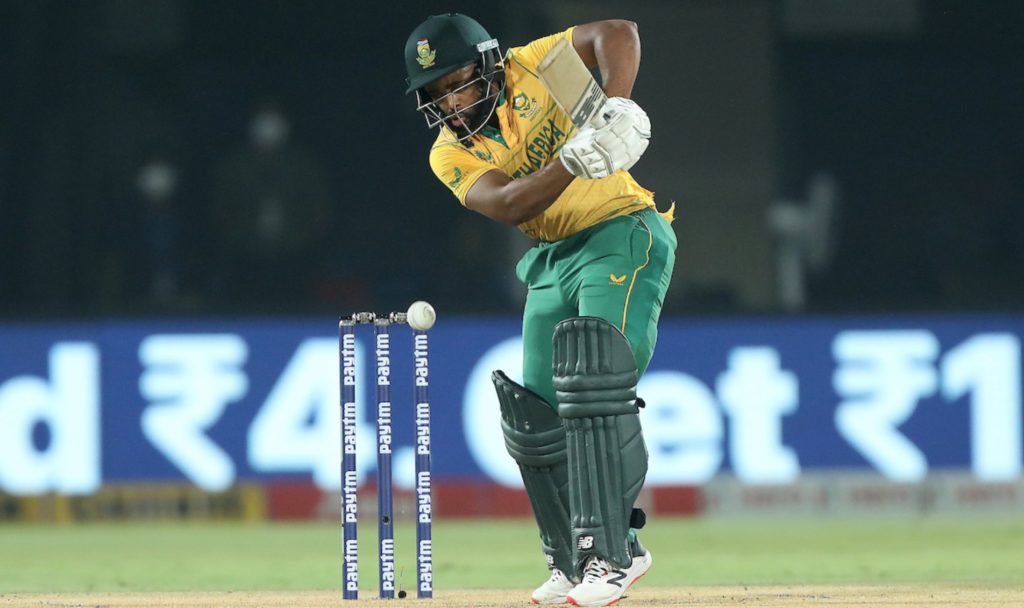Temba Bavuma’s snub from the SA20 is a business decision devoid of emotion. He must upskill or risk a career marked by T20 disappointment, writes RYAN VREDE.
A debate has raged about the Proteas captain’s omission from South Africa’s premier domestic T20 competition. Some hold the view that he was done dirty by the franchises. Indeed, Bavuma expressed deep disappointment at the media conference prior to the team’s departure for India.
“Obviously, one expected to play a role in the tournament,” he said. “From my side, there are feelings of disappointment. I almost feel let down in a way. I don’t think it comes down to any entitlement on my side.”
Oh, but it does, Temba. Entitlement by definition is the unjustified assumption that one has a right to certain advantages, and preferential treatment. There is no statistical support for Bavuma’s belief that he should have been picked at the auction. None. Hence, his utterances smack of entitlement.
This entitlement is enabled by the Proteas selectors, who have persisted with him despite his struggles in the format. It appears to have given Bavuma an inflated opinion of his competency in the format.
The reality is that Bavuma, a fine ODI player and an improving Test one, simply does not currently possess the skill set to be more than an adequate international T20 player. He may remedy his deficiencies in the format in time, but time is not a commodity big-spending T20 franchises have.
They buy players with an established performance track record, from whom they then expect an immediate return on a sizeable investment.
This is where international cricket and privately owned franchises differ. One is guided primarily by decisions that benefit the business in the short term, while the other, specifically in a South African context, has time in greater measure and, consequently, a longer-term vision.
Rightly or wrongly, this gives them room to accommodate project players, whom they persist with, in the hope they find a requisite level of competency in time. Bavuma falls into this category. This may seem like a harsh appraisal, but his T20I record after 24 innings (an average of 26.76 and a strike rate of 120.60) reinforces it.
Many argue that Bavuma is a victim of an unrealistic base price (R850,000, which he agreed to). I would say that he is a victim of sensible business. He simply can’t do the job at a level his counterparts in the auction can. This happens to individuals applying for jobs daily. The most competent get the gigs. The others can either lament their misfortune or find ways to upskill and strengthen their candidacy in the future.
If Bavuma is a victim, he has in part been made so by those who have continued to defend his T20 selection when it is clear that he isn’t suited to the format. Most recently, Proteas head coach Mark Boucher came out strongly, asserting that they “back him like you won’t believe”.
I don’t believe. On what basis would you back a player who at last year’s T20 World Cup in the UAE scored 91 runs in four innings at a strike rate of 108.33? Or one who in the T20I series in India this year made 61 runs in four innings at 103.38?
I’d guess Boucher and his team privately hope Bavuma finds technical and tactical proficiency in T20 cricket before and during the World Cup.
And while hope has a place in this Proteas’ T20 selection criteria, it doesn’t for franchise owners who need their investments to come with more certainty than hope.







